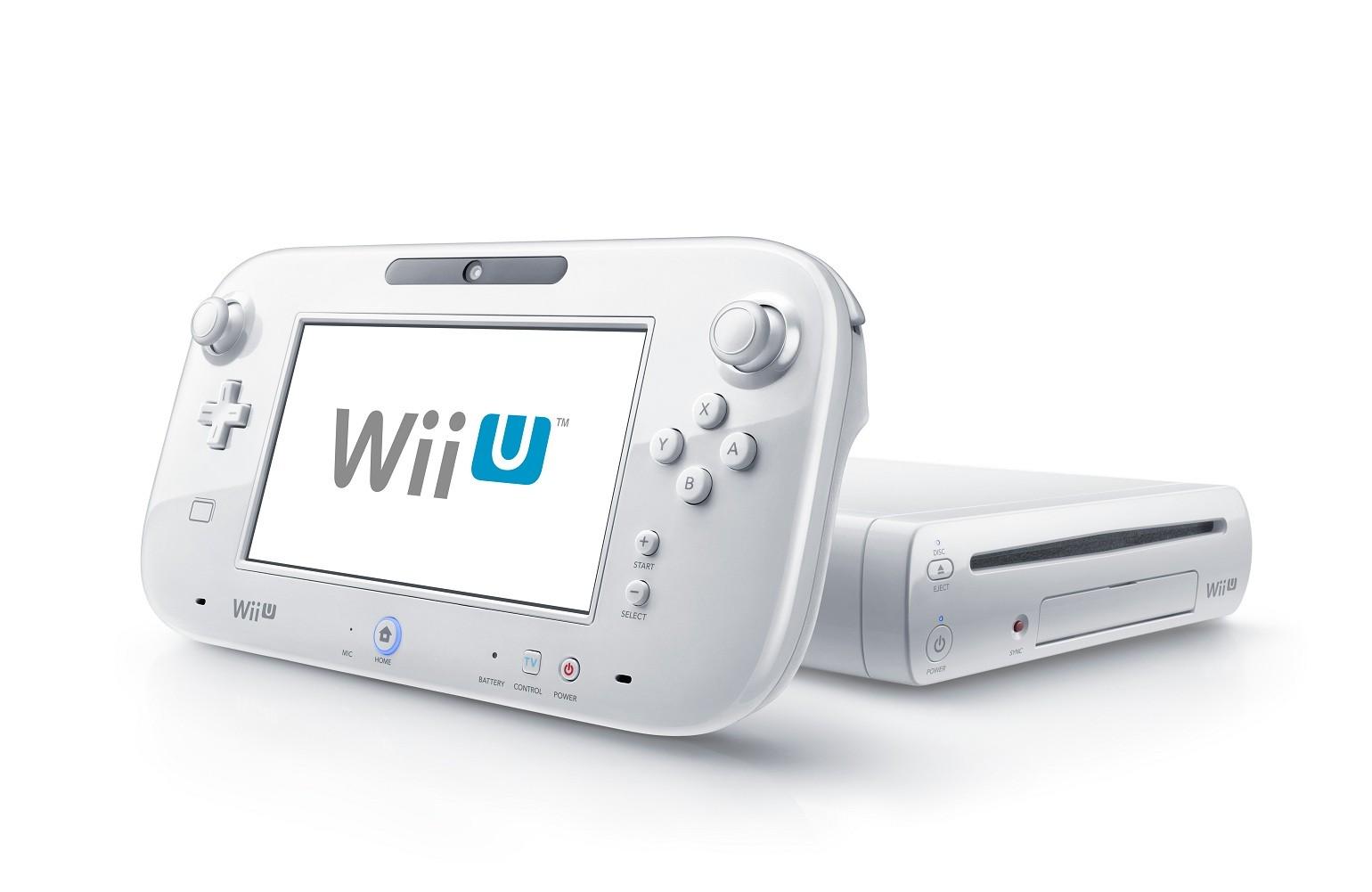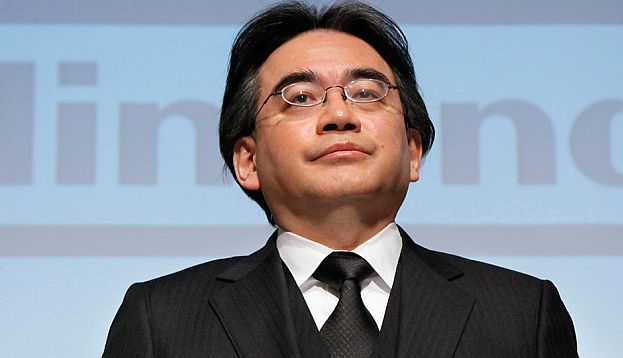Concerns over the Wii U and Nintendo grew with the latest earnings report from the venerable game company. The results were well below expectations and Nintendo’s original guidance, and analyst Michael Pachter characterized the recent Wii U sales as “abysmal.†Nintendo’s revenue for the quarter was $833 million, well below the estimate of $1.19 billion. Hardware sales were off for the 3DS (only 1.4 million units, below the estimate of 2 million) and the Wii U sold only 160,000 units worldwide over the past three months — 90,000 in Japan, 60,000 in the US and 10,000 in the UK. The Wii U has sold 3.6 million units worldwide since its introduction last year.
In that same time period Microsoft sold well over 400,000 Xbox 360’s in the U.S., between seven and eight times the number of Wii Us sold. And yet Nintendo still seems to believe the Wii U installed base will be 9 million by March 2014. Something will need to change radically if that is to happen. Yes, Nintendo expects strong Wii U sales over the holidays with new games leading the way — but are Pikmin 3, Wii Fit U and Super Mario 3D World really all that’s needed for a great fourth quarter
Certainly the Wii U can turn its fortunes around — that has happened to other consoles in the past, notably the 3DS just a couple of years ago. Given up for dead, the 3DS rallied when Nintendo sharply cut the price and a flood of powerful games started arriving from Nintendo and from third parties.
Those factors are unlikely to help as much in the case of the Wii U for a couple of reasons. First, Nintendo’s CEO Iwata-san has been adamant about not reducing the Wii U price. Sure, that can change, but Iwata will have to eat some crow along with that. Also, will good games be coming out Nintendo has a couple of hits like Donkey Kong Country: Tropical Freeze announced, but third party support is rather thin on the ground.
Nintendo can’t depend on robust third-party support. That ship has sailed, propelled by months of low Wii U sales numbers. Publishers have plenty of other places to invest, notably new consoles from Microsoft and Sony. The PS4 and Xbox One share basic architecture with PCs, making cross-development straightforward. The Wii U is harder to develop for due to its peculiar architecture. Note that 3DS titles can be built for a few hundred thousand dollars in the space of months. Wii U titles will have budgets in the millions, and it will take a dedicated team many months to put out a title.
That leaves Nintendo with its own, first-party software titles. Unfortunately, these have been slow to arrive, and many have been delayed more than once. It’s not at all clear that Nintendo could have a steady stream of new releases for the Wii U, given how many delays on titles we’ve already seen. Indie developers aren’t exactly racing to support the platform, either. Still, given enough time Nintendo can probably start shipping Wii U titles more regularly.

In the meantime Nintendo is facing a rough Christmas. Increased marketing efforts, with a broad ad campaign, kiosks in stores, appearances at consumer events and similar standard tools are not going to drive substantial sales against similar, better-funded efforts from Sony and Microsoft. Marketing alone is not going to do much without the right price for the Wii U and some solid, must-have games. Nintendo would be better off putting their money into cutting the Wii U price, rather than ads.
Price is the answer to boosting Wii U sales for the short term. Nintendo has to have a good holiday season to save its forecast, and quite probably save Iwata’s job. We know the software lineup; is that enough to sell Wii U’s at the current price against the juggernauts of Microsoft and Sony, hitting them high and low No. The Wii U needs to be $299; $249 would be even better.
Let’s be perfectly clear. Hardware is meaningless because any console is merely a paperweight or a doorstop without some games to play on it. It’s all about the games. People buy consoles based on the games that are available, and the believable promise of future games. Specs don’t matter except as they enable games people want to play. That’s why hardware price is so important — it’s effectively added to the price of that first game you buy for the system, or at least spread over the first several games you buy.
Exclusives are important, but so are top titles that can be found across platforms. Top brands like Madden and Call of Duty attract people, who buy platforms where they can play those games. Right now there’s no reason to believe top-end sports titles will come to the Wii U, which means it misses out on a good segment of the market. Sports fans will get an Xbox One or a PS4, and their Madden fix along with it. What about the top games of E3, like Destiny, Titanfall, Battlefield 4, and Grand Theft Auto V There’s no reason to expect them on a Wii U yet, and that’s going to keep some people from buying into Nintendo’s latest home console.
Some will point to the potential for innovative new games on Wii U’s creative hardware, but Nintendo’s second screen idea is now completely co-opted by the massive availability of tablets and smartphones. Look at Ubisoft, implementing second-screen designs on every title for Xbox and PS4. The compelling new hardware feature of the Wii U, the GamePad, is now readily available on other platforms.
In the longer term, a strong holiday season may bring some third-party developers wandering back to develop Wii U titles. Maybe not. Nintendo must resign itself to, and organize its company around the idea of the Wii U never being a big hit like the Wii. Nintendo can still be profitable at a lower level of revenue if it controls its costs carefully. A regular schedule of one or two must-have titles every quarter should create a sustainable, if low-key, market for the Wii U. At the right price, gamers will adopt a Wii U as a second system just to make sure they can play those key titles. That’s why there are so many Wiis sitting next to a PS3 or Xbox 350, after all.
The Wii U is not likely to become the leader of a console generation the way the Wii did. At this point, Nintendo needs to create a strategy to be profitable when its leading console is not the industry leader. That’s the key to saving the Wii U.

